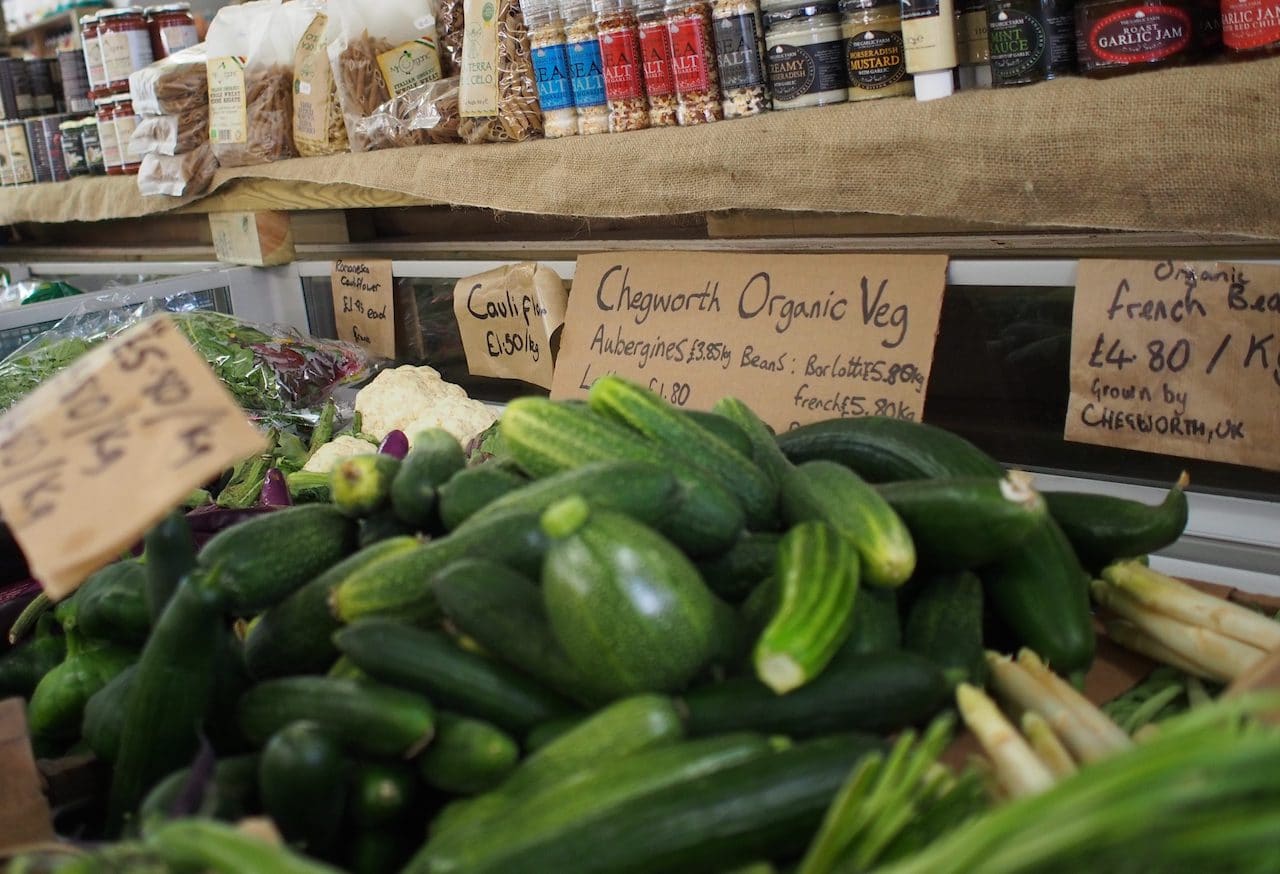UK sales of organic food and drink are running at a three-year high, the Soil Association has revealed.
Since January 2020, organic sales in supermarkets have seen the highest growth since December 2016, the latest Nielsen data reveals.
The Nielsen data shows organic food and drink sales year on year growth of 6.1% – almost double the growth of non-organic food and drink products (3.2%) for the 52 weeks ending 30 May 2020. And for the 12 weeks ending 30 May, which includes ten weeks of lockdown, organic sales were up 18.7% compared to 14.2% increase in non-organic food and drink.
The upbeat sales figures come, says the organic charity, as ‘external events have fast-tracked already changing shopper behaviours towards personal health, transparency and integrity’. It cites a recent YouGov survey commissioned by the Food Farming and Countryside Commission and The Food Foundation that revealed 42% people feel the crisis has made them value food more.
The Soil Association says these changing behaviours look set to support the organic sector in exceeding the end of 2020 market value of £2.5 billion projected by Soil Association Certification, with the sector now on track to hit the £2.6 billion mark. Products that have seen exceptional demand and are outperforming include: beef +15.3%; eggs +14.8%; preserves and spreads +18.3%; and sparkling wine +47%.
Organic stands out in crisis
 Finn Cottle, trade consultant at Soil Association Certification (pictured), says: “As this crisis emerged, and food was placed firmly in the spotlight, it became apparent that consumer habits were shifting – from less frequent shopping trips, to supporting local and independent stores, online shopping to receiving weekly deliveries of organic fruit and veg. What seems clear is that at a time when quality and safety are of importance for consumers, organic ‘stands out’ with its benefits of transparency and integrity.
Finn Cottle, trade consultant at Soil Association Certification (pictured), says: “As this crisis emerged, and food was placed firmly in the spotlight, it became apparent that consumer habits were shifting – from less frequent shopping trips, to supporting local and independent stores, online shopping to receiving weekly deliveries of organic fruit and veg. What seems clear is that at a time when quality and safety are of importance for consumers, organic ‘stands out’ with its benefits of transparency and integrity.
“Despite the likelihood of tighter budgets, shoppers are choosing quality, good taste and ethical options. Sustainability and protecting the environment remains high on their wish list – and with so many of us finding nature a vital source of respite in these difficult times, citizens seem to be making more planet-centric choices.
With more people than ever understanding this connection, I think the sector has a lot to feel confident about
“Organic brands, retailers and businesses have a huge part to play in reinforcing the credentials of organic – as a farming system ‘working with nature’ to restore goodness in the land, with a positive impact on personal health and wellness, and our environment. With more people than ever understanding this connection, I think the sector has a lot to feel confident about.”
Soil Association Certification licensee, Matt Godfroy – founder of Sun fresh and Pikt organic produce boxes – comments: “Pikt launched six months before COVID-19, with a steady weekly customer base. Overnight, lockdown stopped shopping habits as we knew them; Pikt went from gradual incline of orders to multiple digit growth within two weeks. We’ve read and heard the future of grocery sales will be online – not until a pandemic occurs does it make you realize it can be a smooth transition and hassle-free shopping experience. Demand for organic fresh produce is more relevant and present than ever before.”
The SA says there is a ‘significant opportunity’ for organic businesses to keep new customers they’ve reached during lockdown, some of whom may have tried organic products for the first time.











